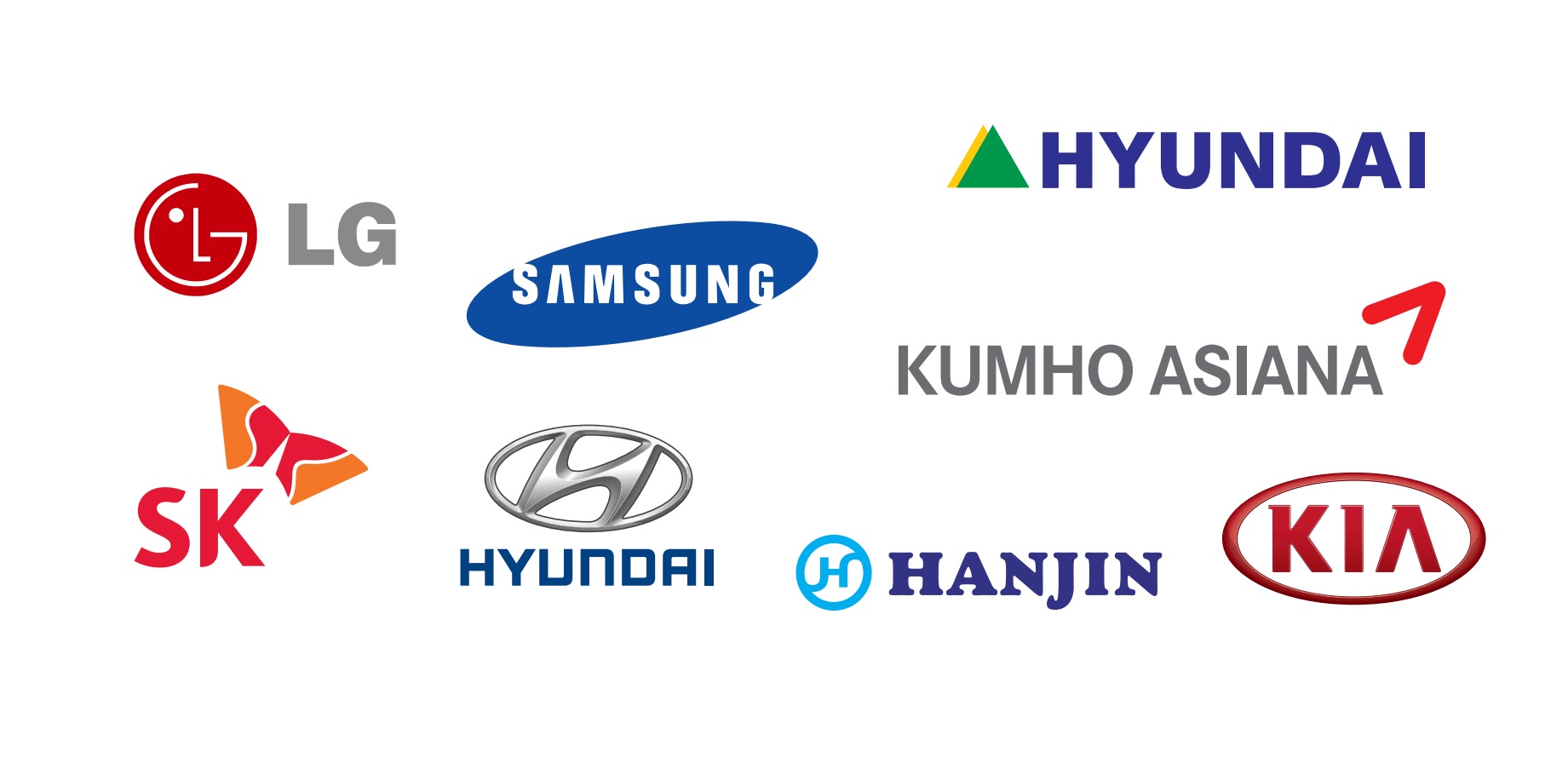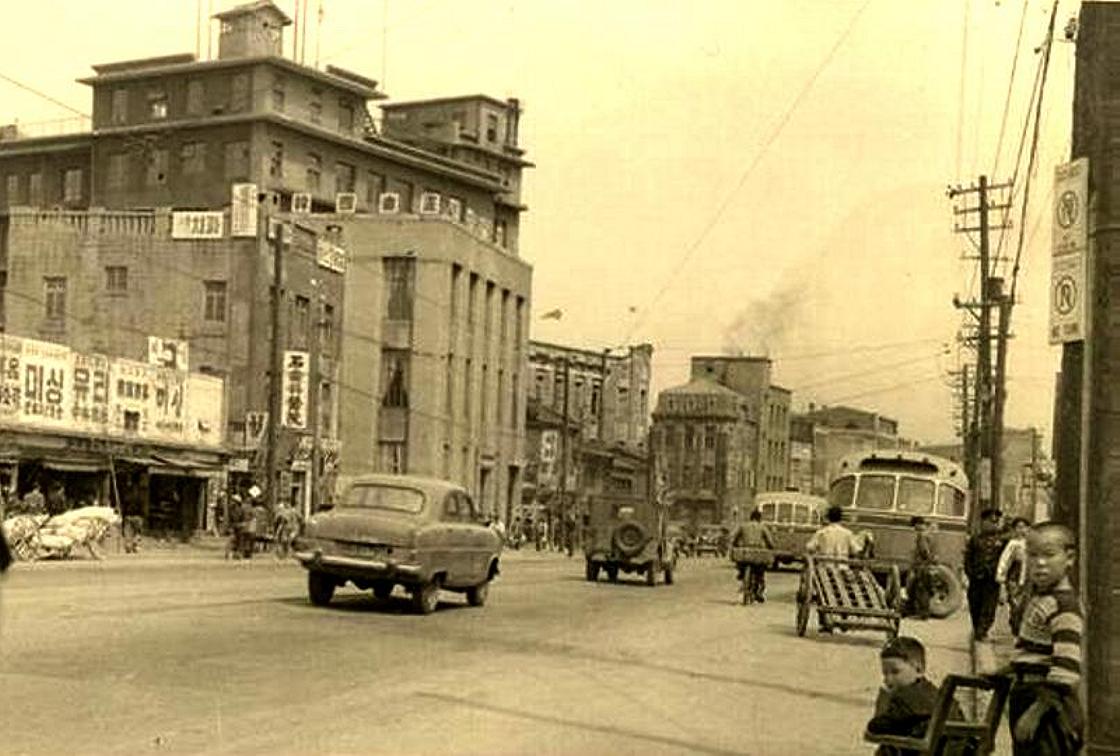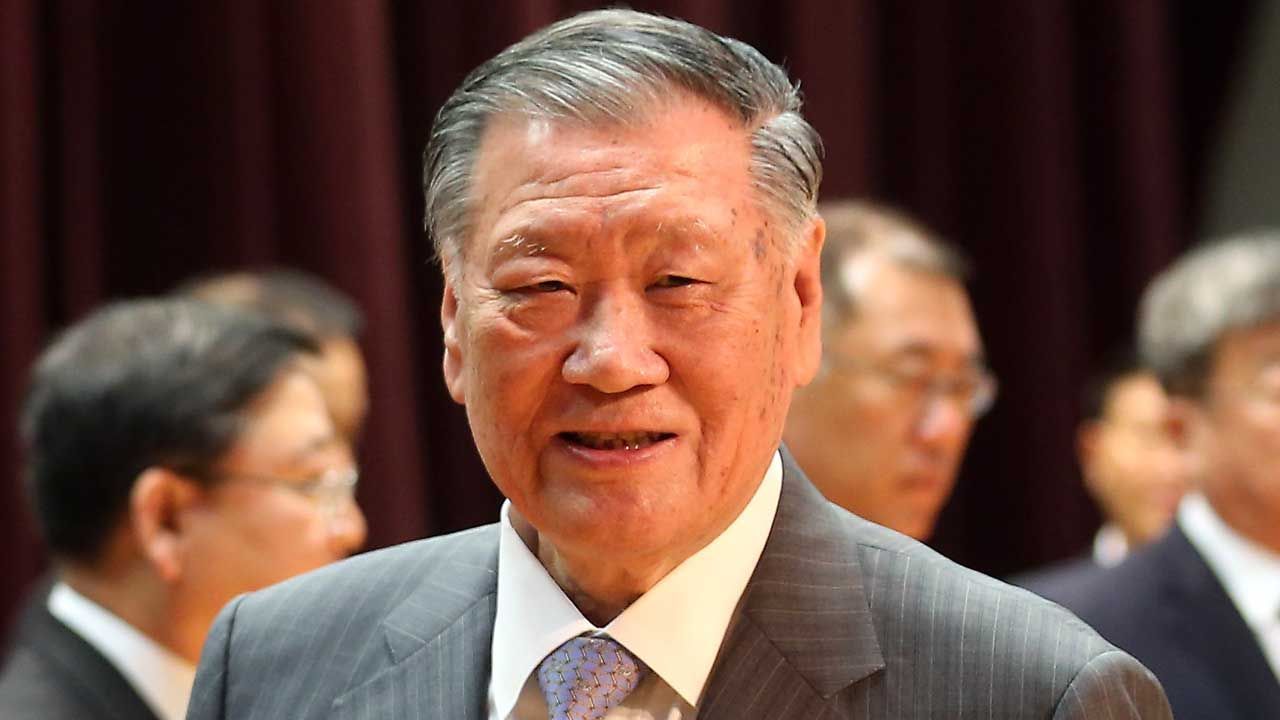Chaebols: 6 Things You Should Know

Chaebols are these conglomerates of family businesses developed (not created necessarily) mainly in the 1960s-70s thanks to the State. This granted them a lot of privileges. You probably know the biggest ones: Samsung, LG, Hyundai, SK Group, and Lotte to name a few. The CEOs are even considered celebrities in South Korea. They now federate numerous subsidiaries in very diversified fields. How? Through a sprawling investment model. They are constantly seeking ways to expand their activities.
It goes without saying that a lot of Koreans are proud of what the chaebols accomplished, how they succeeded in putting South Korea on the map. However, the multiple scandals on the part of the leaders/managers elicit another sentiment; that of worry, anger, exasperation, and injustice.
Table of Contents
Who are chaebols in Korea?
How exactly were Chaebols formed?
Chaebol (재벌, in Korean) literally means ‘wealth / group’. Now, some people refer to any large private company or capitalist when they use the term ‘chaebol’. Some others refer to those who run those large private companies. However, we are only focusing on the big businesses controlled by one or two families.
Back in the late 60s and early 70s, South Korea did not really have a solid capital market. So, development, as understood under capitalism, was hard if not impossible. Park Chung-hee, then president, had to go abroad to look for funds, loaners, investors. As he was receiving seed money, he was distributing it in very specific industries.
And that’s how:
-electronics went to Samsung and LG;
-motor vehicles went to Hyundai.
Basically, back then, it was the government telling private capitalists where and what to produce. That measure was coupled with a planned economy.
Chaebols were granted government and foreign loans, relaxation of regulations and tax cuts, but also financial subsidies, a fixed wage system, low-cost electricity, and – the most important one – the abolition of trade unions.
Chaebols’ current situation in Korea
Over time, the government’s investment started to bear fruit since chaebols were thriving as expected.
They have expanded into many and very dissimilar (uncorrelated) sectors, adopting an investment model that is extensive.
- Hyundai went from being a simple car maintenance company to specializing in the sale of cars and lifts. It also provides logistics services and owns hotels and shopping malls.
- LG, which was originally a cosmetics company, has now expanded into the sale of smartphones, televisions, various electronic components, chemicals, and fertilizers. It even owns a Korean Baseball team.
- Samsung, which began as a company specializing in groceries and textiles, today manages luxury hotels, builds tankers, and even sells insurance.
The population criticizes this constant diversification which prevents SMEs from developing.
Just in 2020, the total revenue of the 4 biggest conglomerates (Samsung, Hyundai, SK Group, and LG) represented more than 40% of the country’s nominal GDP.
If the chaebols were inspired by the Japanese system of Zaibatsu – a set of very diversified family businesses which dominated the Japanese economy until the end of World War II – they differentiated themselves from it in terms of management/ownership of the company. Where the bosses of the chaebols swear only by blood ties, those of the Zaibatsu could entrust their business to people outside their family if they considered them capable of taking over.
We can legitimately talk about a chaebol dynasty. Indeed, when the president can no longer carry out his duties or dies, he hands over the management of the company to his children or relatives.
How Does Their Power Manifest?
‘No one can touch them’: this summarizes the general opinion about chaebols.
Influence in the country’s decision-making process
Under the presidency of Park Chung-hee (1963-1979), government and business have developed a tight relationship. President Park openly relied on the chaebols to rebuild the country and thus gave them more economic power.
President Park and many of his successors expected the chaebols to contribute to government projects. The conglomerates have also, sometimes, given money personally to presidents or their relatives. And when South Korea started becoming ‘democratic’ in the 80s, the chaebols had become so economically powerful that they garnered a strong political influence. This is why politicians began to rely on their political and financial support to get elected.
This special relationship has not really changed. Large conglomerates are still taxed at lower effective rates than most businesses or individuals and receive more tax breaks. Businesses still pay electricity at lower rates than individuals in South Korea. Moreover, it seems like all decisions are made in the interest of the chaebols. Because if only one of them goes bankrupt, Korea’s economy will face devastating consequences. Therefore, the government’s keenness to maintain this ‘special relationship’ totally makes sense, from an economic perspective.
The population was of course so annoyed that Moon Jae-in gave the reform of the chaebols a central place during his presidential campaign. But in office, his promises have proven easier to make than to keep. It is an ouroboros situation: it is the importance of conglomerates in the South Korean economy that is holding back attempts at change.
Chaebols’ Rule in the Judiciary System
The Judiciary System in Korea is known for being lenient towards chaebols. A favor is usually given to them. That’s why a unique term was coined: the ‘three-five rule’, which is a three-year prison sentence but the execution is suspended for five years and then exempted if no further violations occur during the suspended period.
- Cho Yang-ho (Korean Air). Tax evasion in 2000. 3 years sentence, commuted to 5 years probation.
- Lee Kun-hee (Samsung). Tax evasion in 2008. 3 years sentence, commuted to 5 years probation.
- Chung Mong-koo (Hyundai Motors). Tax evasion in 2008. 3 years sentence, commuted to 5 years probation.
- Cho Hyun-ah (daughter of chairman of Korean Air). Nut rage incident in 2014. 8 months sentence commuted to 2 years probation.
Chaebols have captured the system. Their indisputable contribution to the economic emergence of South Korea makes them think that they can place themselves above the law. Their members are not held accountable for their wrongdoings owing to their economic value. It is obvious that judges who hope to have a distinguished career will avoid making decisions that may threaten the country’s stability.
Chaebol’s Control in the Press
The chaebols have secured investments hence stranglehold on the media through advertising. The latter accounts for nearly 90% of the turnover of the printing press. This allows conglomerates to have a direct influence on the media, and thus relay their opinions concerning certain government orders.
More than 60% of South Korean readers are concentrated on three main dailies. Close to the chaebols, the power of these dailies is ensured thanks to the guarantee of advertising inserts by the conglomerates. Faced with this oligopoly, the smaller players have to resort to self-censorship, in order to preserve good relations with the chaebols.
And speaking of censorship, here is a video showing the dark side of chaebols released by VICE News in early March 2022. Unless you use a VPN, it is impossible to watch it in South Korea (at the time of writing).
Your Social Status as An Employee
Almost all the Korean students fight to join the conglomerates, even if deep inside that is not what they want. Because it is crucial in how other people see not only you but also your whole family. Not joining the SKY universities (Seoul University, Korea University, Yonsei University) is considered a failure by some. And joining those universities but not securing a job at a chaebol is perceived as a bigger failure.
73% of all fresh graduates (roughly 500,000 in a given year) apply to work at one of them. They spend their whole student life cramming for exams, hoping they are going to ‘succeed’. The biggest conglomerates recruit only once or twice a year. And the tests are highly selective. For that reason, practice books on how to pass the tests came into existence.
The structural problems in South Korea have no other root but an economic concentration on the hands of a few people. The country is of course innovative. Nevertheless, the innovations are rarely led by SMEs due to the fact that it is not in the interests of the chaebols.
Chaebols, at their inception, were supported by the government and later by the people. But today, these large companies are, in a sense, controlling both the government and the people. This should make us think. This should make us reflect on the fact that something about large companies has to change. Do we just let them get bigger and bigger? Past a certain size, perhaps a restructure should be required.
Discover more interesting stuff about life in Korea, and Korean culture!
























